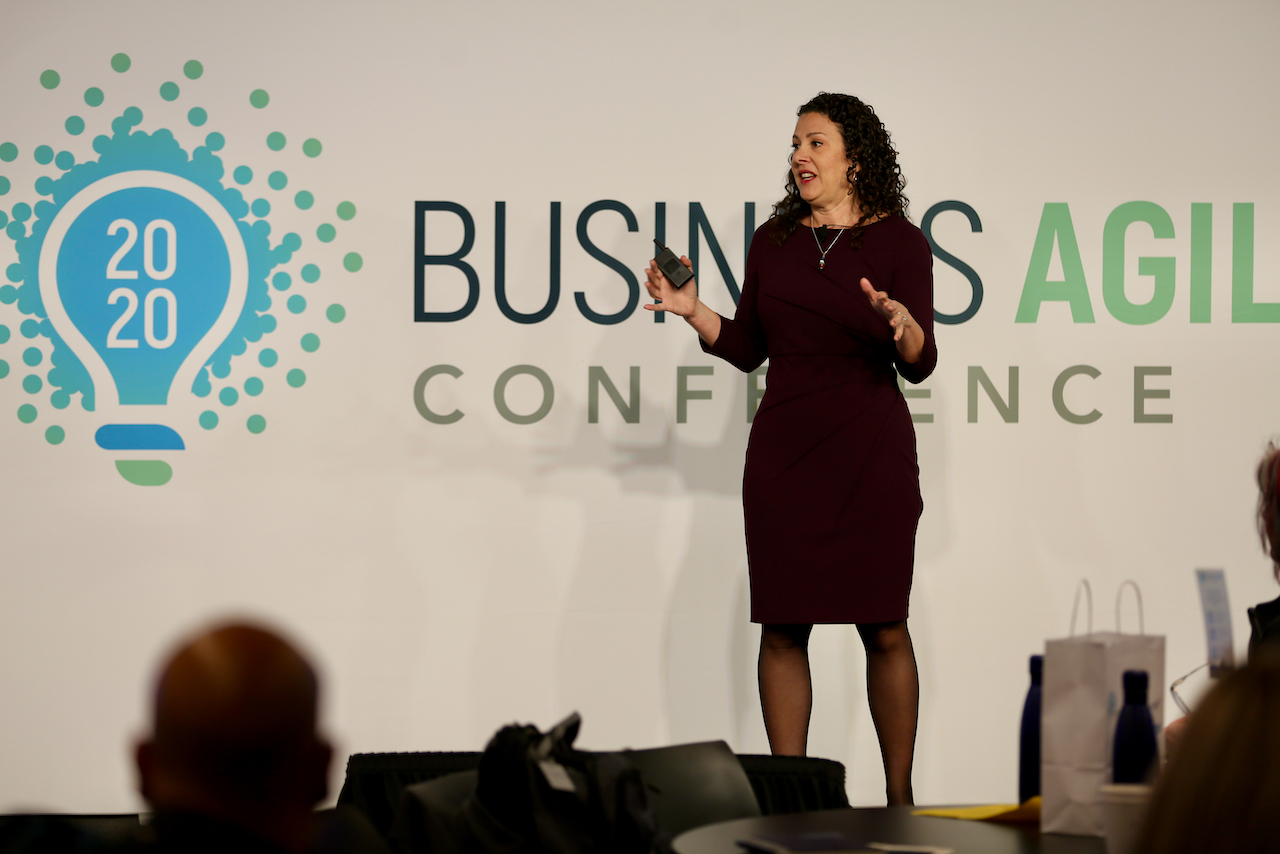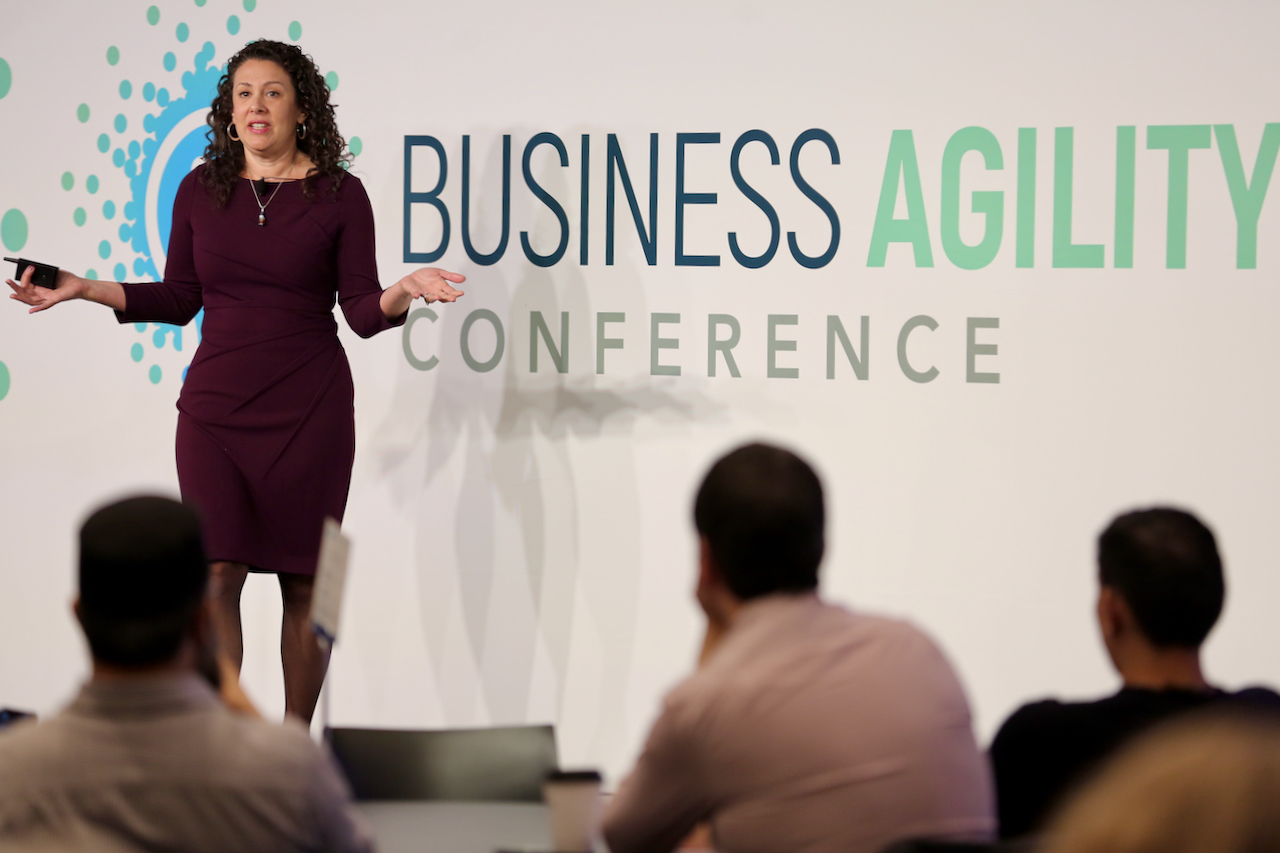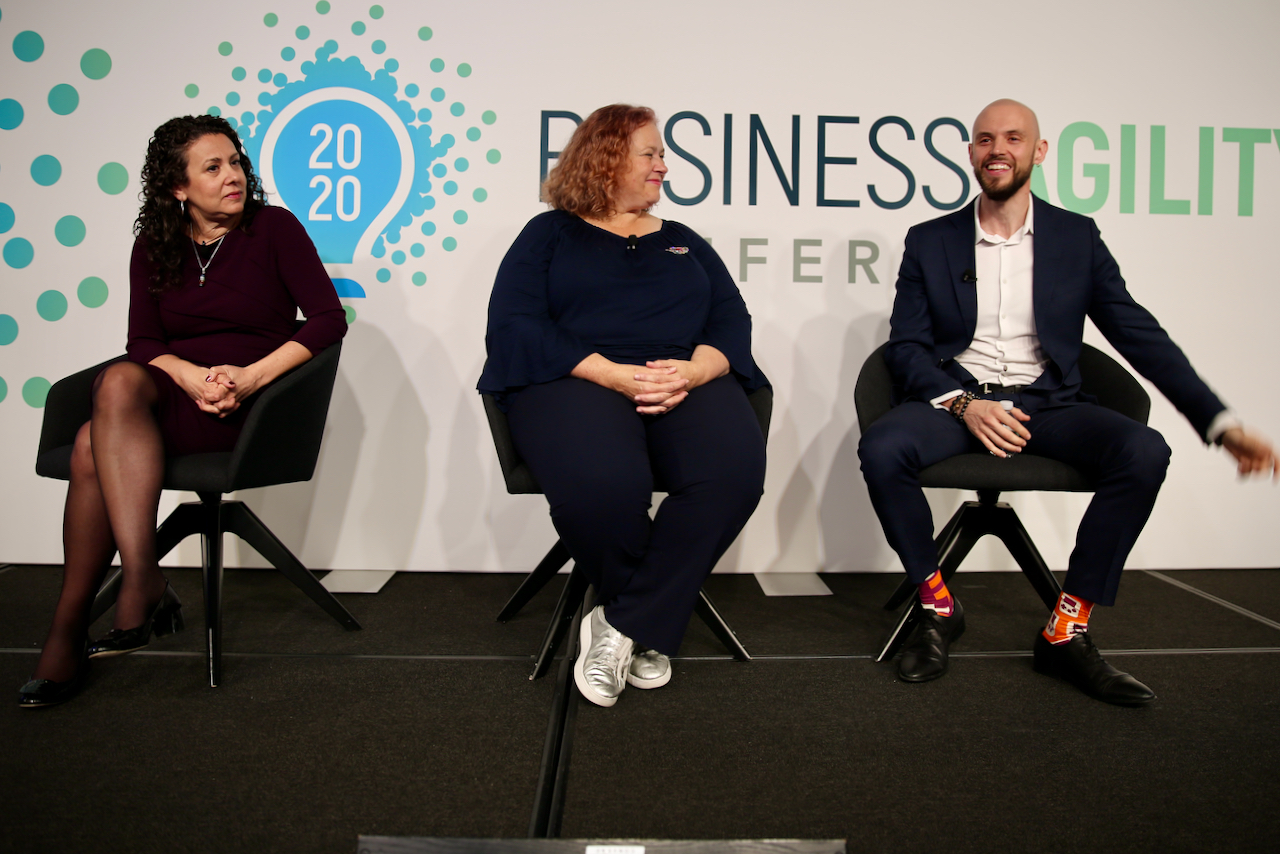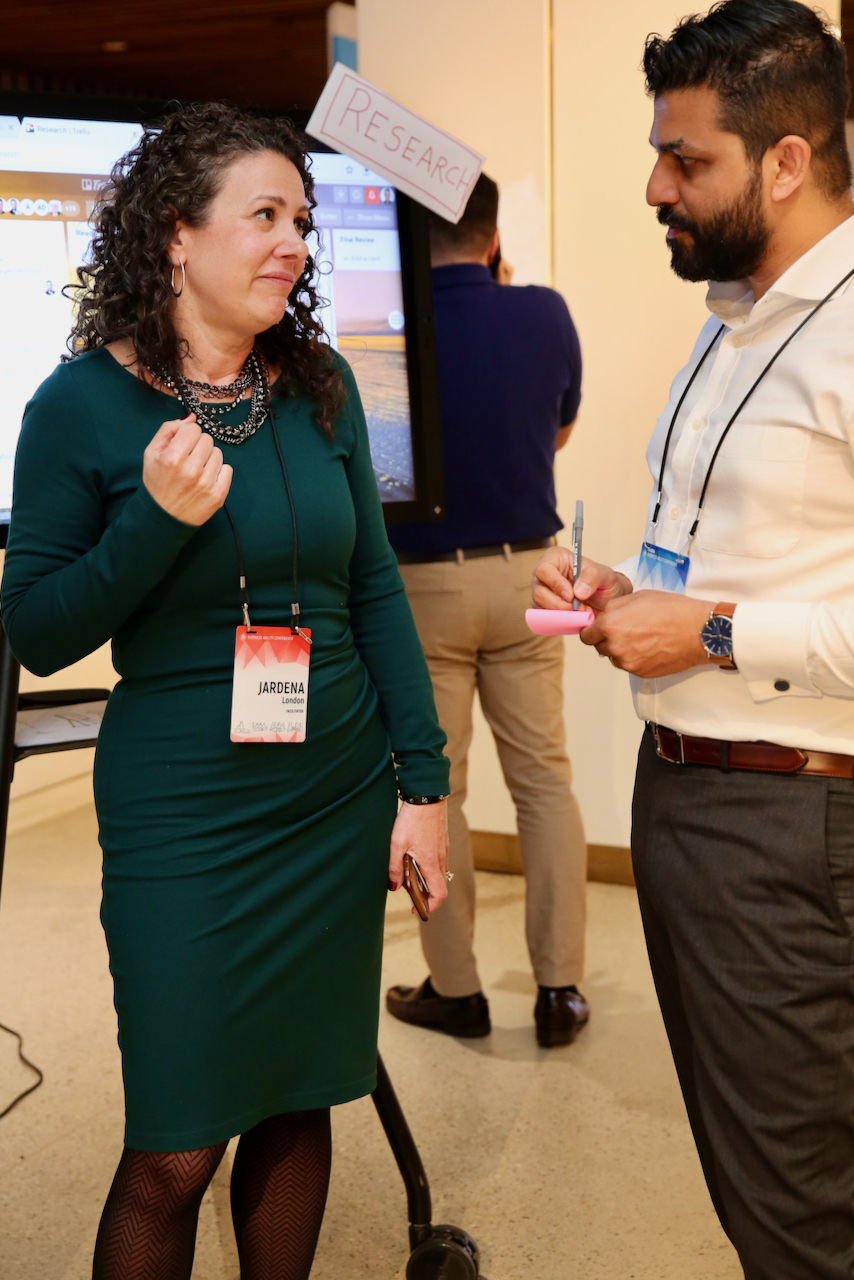Mondays—how many of you feel like this dog on Mondays? Yeah, you're in New York now, so it's pronounced "dog." I know that. Aunt Annette, you're forgiven.
This is the one place where I'm not the one with the accent, so you're on my turf! How many of you feel like this on Monday mornings? How about Sunday night? It starts on Sunday night, doesn’t it?
My friends tell me, “That’s just how work is supposed to be.” But I don’t think it’s a law of nature. I don’t think it has to be like that.
Workplace Toxicity: A Real Problem
Hollywood thinks toxic workplaces are funny. We all laugh at movies like Office Space—at our own expense. But I don’t think it’s funny. In fact, I think real life is worse than these movies.
When I saw Office Space, I thought, “My life is so much more surreal than this.” That movie was nothing compared to my actual work experience.
The Moment That Crushed You
We all start out of college thinking we’re going to go out there and crush it. Then, little by little, it starts to crush us.
What was that moment for you? Maybe you love your job now, but there was a time before that—or maybe someone you know is having their soul crushed right now.
My Soul-Crushing Moment
For me, it happened really early. While I was still in college, AT&T ran these ads about new technology—things like sending a fax from the beach or tucking your baby in from a phone booth. I thought, “I want to work there! I want to be part of that future.”
So, I got a job as a software engineer at AT&T. On my first day, in my new suit, all grown up, they called a mandatory meeting after lunch. I walked into the conference room—standing room only. I thought, “Maybe they’re going to talk about faxing from the beach.”
Nope. They announced layoffs.
My new coworkers reassured me: “Don’t worry, you’re safe. They don’t pay you enough to lay you off.” Turns out, they were right. But my first impression of job stability was shattered.
What Was Yours?
What was your soul-crushing moment? Was it a layoff? A benefits reduction? Were you left to do more with less?
Some companies don’t even say "layoffs"—they call it a "reduction in force," or worse, "RIF," as if that makes it less painful.
Or maybe your moment was when you gave up your home time—not because you love your work, but because there was a stigma around not responding immediately, even during dinner with your family.
Maybe it was when your idea got shut down. Or when you didn’t get credit for something. There are countless ways to have your soul crushed at work.
How Did We Get Here?
Our grandparents were sole proprietors—haberdashers, bakers, cobblers, grocers. It was hard work. If there was an economic downturn or bad weather, they struggled.
So, when people were offered the stability of a corporate job, they took the trade-off. They gave up some autonomy for security. It wasn’t a terrible deal.
But at some point, things changed. The relationship between employer and employee shifted from symbiotic to paternalistic. Companies started deciding what was “best” for employees, and power shifted.
What Do We Need Now?
We’re not going back to the old way. The gig economy is here, flexible work is here, but what does that implicit contract between employer and worker look like now?
For example, how do we treat contractors? I once heard employees complain that business partners treated them like vendors—like contractors, as if that was the lowest life form. I asked, “How do you treat your contractors?” Silence.
We need to reassess what our rights are in the modern workplace.
Souls at Work: A Movement
Souls at Work is a movement to bring soul back into the workplace. The first step is to be clear about our rights as employees—regardless of pay structure.
Three Key Elements
Work depends on three things: power, freedom, and connection. These also define our rights as employees.
1. Power
How does it feel when someone has power over you? As humans, we don’t love it. As kids, we resisted it. Then we grew up and realized that there’s always someone above us.
Servant leadership is a solution, but the real power lies in those who choose to follow. If we accept something unfair, we signal to others that it’s okay.
2. Freedom
Do you have the freedom to make decisions that align with your values?
I once blocked a terrible process rollout, and someone locked me in a room to get me to agree. When I asked, “Do you not see how bad this is for the company?” the response was: “I see it, but my boss wants it, and I have a mortgage.”
That’s not freedom. And when thousands of employees are making decisions like that, it’s bad for business.
3. Connection
We naturally form friendships at work, but are we intentional about connection? Are companies fostering connection in a meaningful way?
The Souls at Work Bill of Rights
This is a draft, and I welcome feedback. These rights apply to everyone, regardless of pay structure.
- The right to be happy and fulfilled at work.
- The freedom to speak up when you don’t agree.
- The right not to have your self-worth judged.
- The right to know exactly what puts your job at risk.
- The right to reject dehumanizing language toward yourself or coworkers.
- The right not to be manipulated by fear, shame, or threats of job loss.
- The right to have a vote in decisions that affect benefits or pay.
In exchange, we give the company the best version of ourselves.
What Can You Do?
Ask yourself: Is my relationship with my employer fair?
This isn’t about whether it’s good. You might have a great salary, a nice house, and job security. But is it fair? Are you witnessing unfairness around you?
I hesitated to talk about this for years because I didn’t want to upset my clients. But then I remembered this quote from Edmund Burke:
"The only thing necessary for the triumph of evil is that good people should do nothing."
We already have the power. Especially as agilists, we’ve built collective voice. The question is: What are we going to do about it?
Come visit us at Souls at Work. Thank you.













